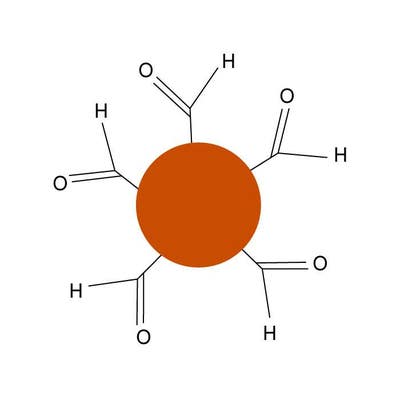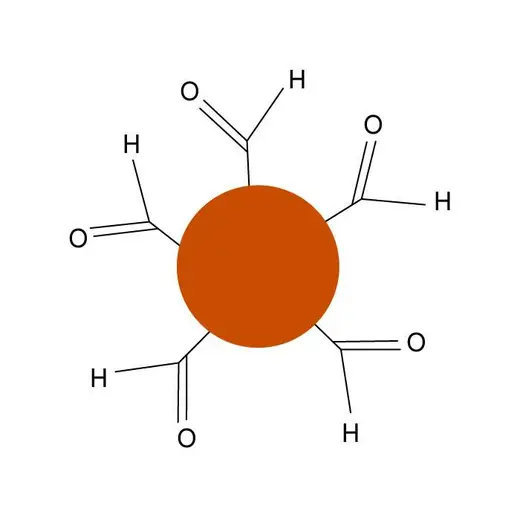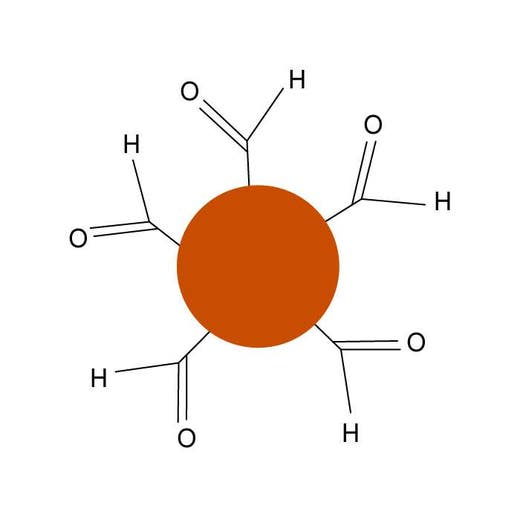
AlphaLISA Unconjugated Acceptor Beads, 1 mg


AlphaLISA Unconjugated Acceptor Beads, 1 mg






Unconjugated AlphaLISA Acceptor beads are provided so that you can conjugate your biomolecule-of-interest (antibody, protein, peptide, etc.) to create your own AlphaLISA Acceptor beads for use in Alpha no-wash assays.
For research use only. Not for use in diagnostic procedures. All products to be used in accordance with applicable laws and regulations including without limitation, consumption and disposal requirements under European REACH regulations (EC 1907/2006).
Unconjugated AlphaLISA Acceptor beads are provided so that you can conjugate your biomolecule-of-interest (antibody, protein, peptide, etc.) to create your own AlphaLISA Acceptor beads for use in Alpha no-wash assays.
For research use only. Not for use in diagnostic procedures. All products to be used in accordance with applicable laws and regulations including without limitation, consumption and disposal requirements under European REACH regulations (EC 1907/2006).



AlphaLISA Unconjugated Acceptor Beads, 1 mg



AlphaLISA Unconjugated Acceptor Beads, 1 mg



Product information
Overview
AlphaLISA is a no-wash ELISA alternative and can be used for applications such as:
- Analyte detection assays
- Protein-protein interaction assays
- Protein-DNA interaction assays
- Protein-RNA interaction assays
- Protein-small molecule interaction assays
- Protein detection assays
- Antibody detection assays
- Antibody binding assays
- Immunogenicity assays
- Enzymatic assays
In a typical AlphaLISA assay, 1 mg of Acceptor beads is sufficient to run 1,000-2,000 wells using a 50 µL reaction volume.
Specifications
| Automation Compatible |
Yes
|
|---|---|
| Bead Type or Material |
AlphaLISA Acceptor
|
| Brand |
AlphaLISA
|
| Conjugates |
Unconjugated
|
| Detection Modality |
Alpha
|
| Product Group |
Beads
|
| Shipping Conditions |
Shipped in Blue Ice
|
| Technology |
Alpha
|
| Unit Size |
1 mg
|
Video gallery

AlphaLISA Unconjugated Acceptor Beads, 1 mg

AlphaLISA Unconjugated Acceptor Beads, 1 mg

Resources
Are you looking for resources, click on the resource type to explore further.
Electrophoretic Mobility Shift Assay (EMSA) is a standard technique used to study protein-DNA interactions. It is a radioactive...
Alpha has been used to study a wide variety of interactions, including protein:protein, protein:peptide, protein:DNA, protein:RNA...
The AlphaLISA technology allows the detection of molecules of interest in serum, plasma, cell culture supernatants or cell lysates...
Detailed protocol step-by-step:
- Recommended reagents and materials,
- Antibody assessment and pre-treatment,
- Bead conjugation reaction...
Alpha (Amplified Luminescent Proximity Homogeneous Assay) technology is a bead-based, no-wash alternative to traditional ELISAs...
Anti-inflammatory monoclonal antibody drugs that specifically target TNF alpha such as Humira, have been highly successful in the...


How can we help you?
We are here to answer your questions.






























